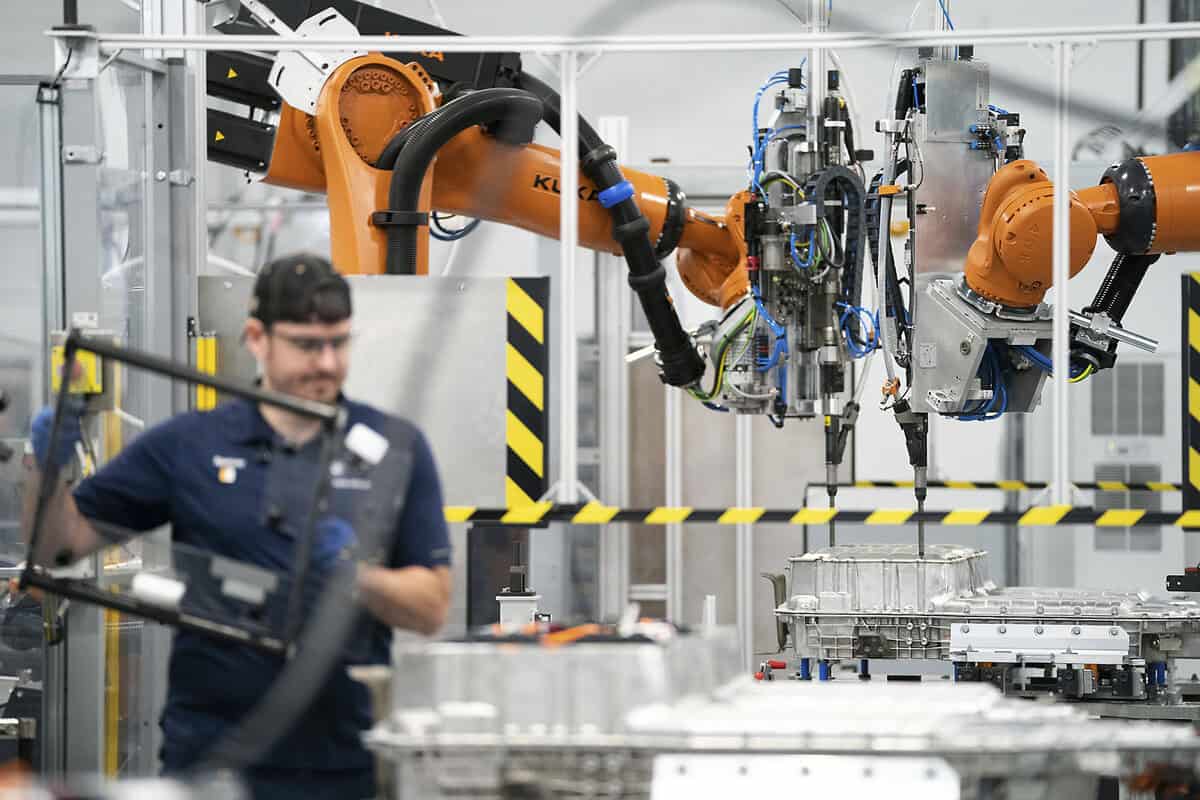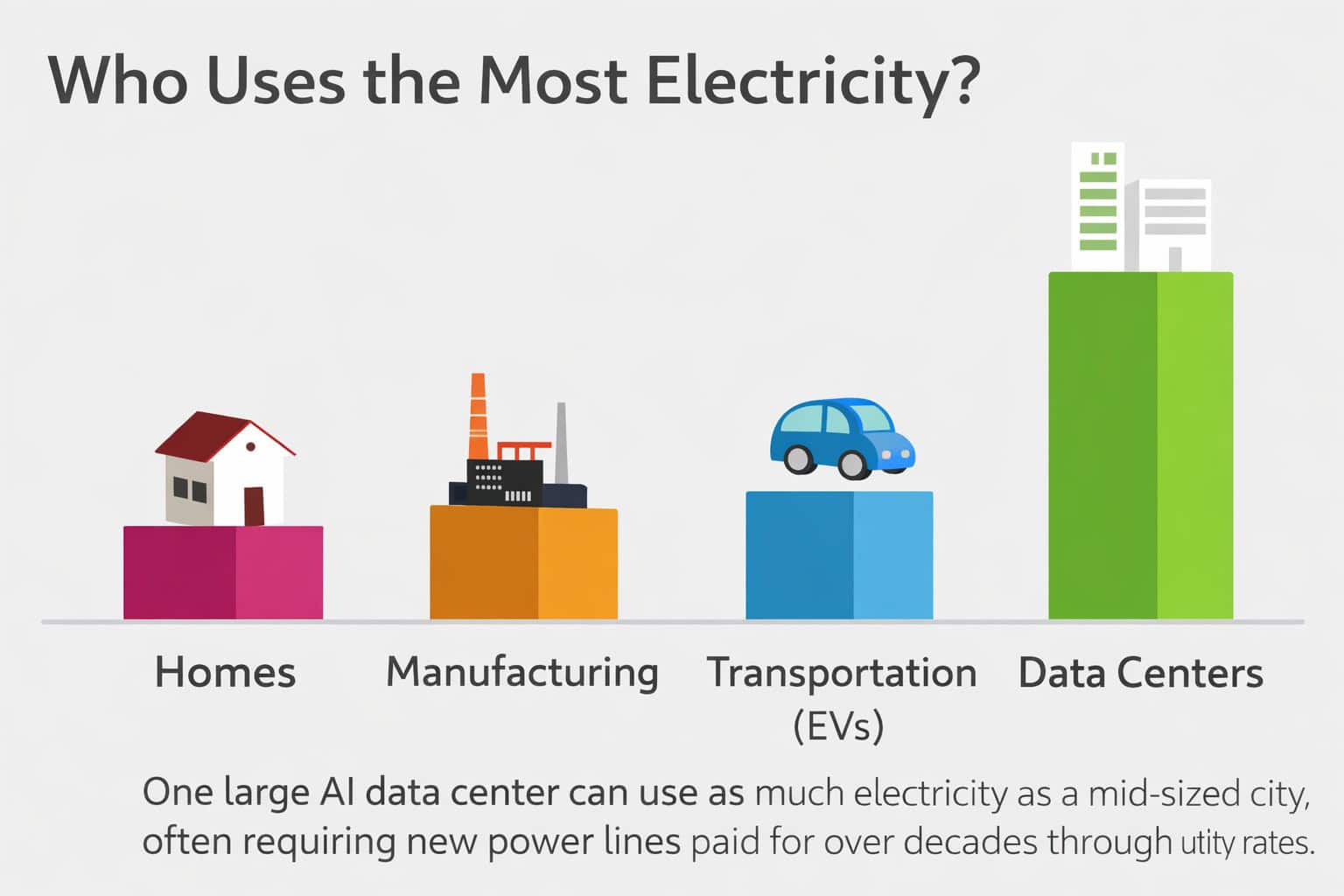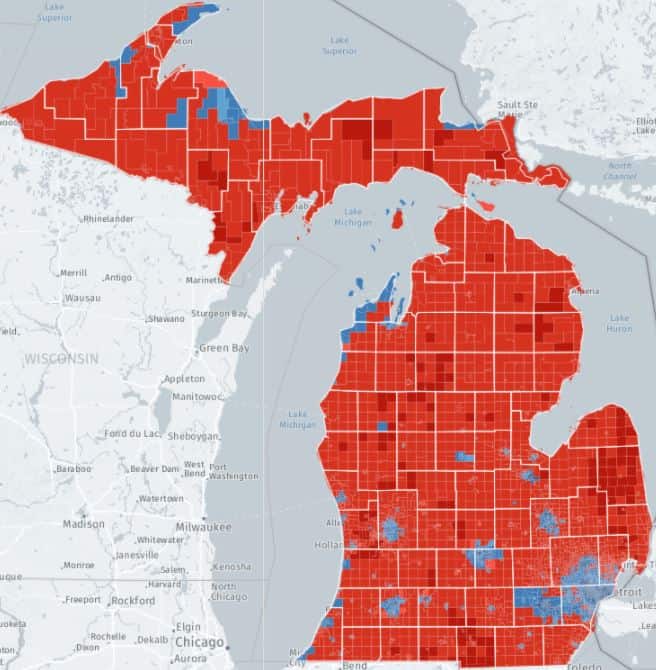WASHINGTON DC – President Trump recently signed an executive order to mandating Artificial Intelligence training in schools. Problem is not many teachers understand how to tech AI.
The executive order, titled Advancing Artificial Intelligence Education for American Youth, signals that advancing AI literacy is now an official national priority.
This raises a series of essential questions: What exactly is AI literacy, who needs it, and how do you build it thoughtfully and responsibly?
The implications of AI literacy, or lack thereof, are far-reaching.
They extend beyond national ambitions to remain “a global leader in this technological revolution” or even prepare an “AI-skilled workforce,” as the executive order states.
Without basic literacy, citizens and consumers are not well equipped to understand the algorithmic platforms and decisions that affect so many domains of their lives: government services, privacy, lending, health care, news recommendations and more.
And the lack of AI literacy risks ceding important aspects of society’s future to a handful of multinational companies.
How, then, can institutions help people understand and use – or resist – AI as individuals, workers, parents, innovators, job seekers, students, employers and citizens? `
We are a policy scientist and two educational researchers who study AI literacy, and we explore these issues in our research.
What AI literacy is and isn’t
At its foundation, AI literacy includes a mix of knowledge, skills and attitudes that are technical, social and ethical in nature.
According to one prominent definition, AI literacy is` “a set of competencies that enables individuals to critically evaluate AI technologies; communicate and collaborate effectively with AI; and use AI as a tool online, at home, and in prompts for chatbots.
Vibe coding, or using AI to write software code, might be fun and important, but restricting the definition of literacy to the newest trend or the latest need of employers won’t cover the bases in the long term.
And while a single master definition may not be needed, or even desirable, too much variation makes it tricky to decide on organizational, educational or policy strategies.
Who needs AI literacy? Everyone, including the employees and students using it, and the citizens grappling with its growing impacts.
Every sector and sphere of society is now involved with AI, even if this isn’t always easy for people to see.
And while a single master definition may not be needed, or even desirable, too much variation makes it tricky to decide on organizational, educational or policy strategies.
Who needs AI literacy? Everyone, including the employees and students using it, and the citizens grappling with its growing impacts.
Every sector and sphere of society is now involved with AI, even if this isn’t always easy for people to see.
Read more at Knowtechie







